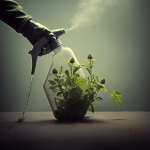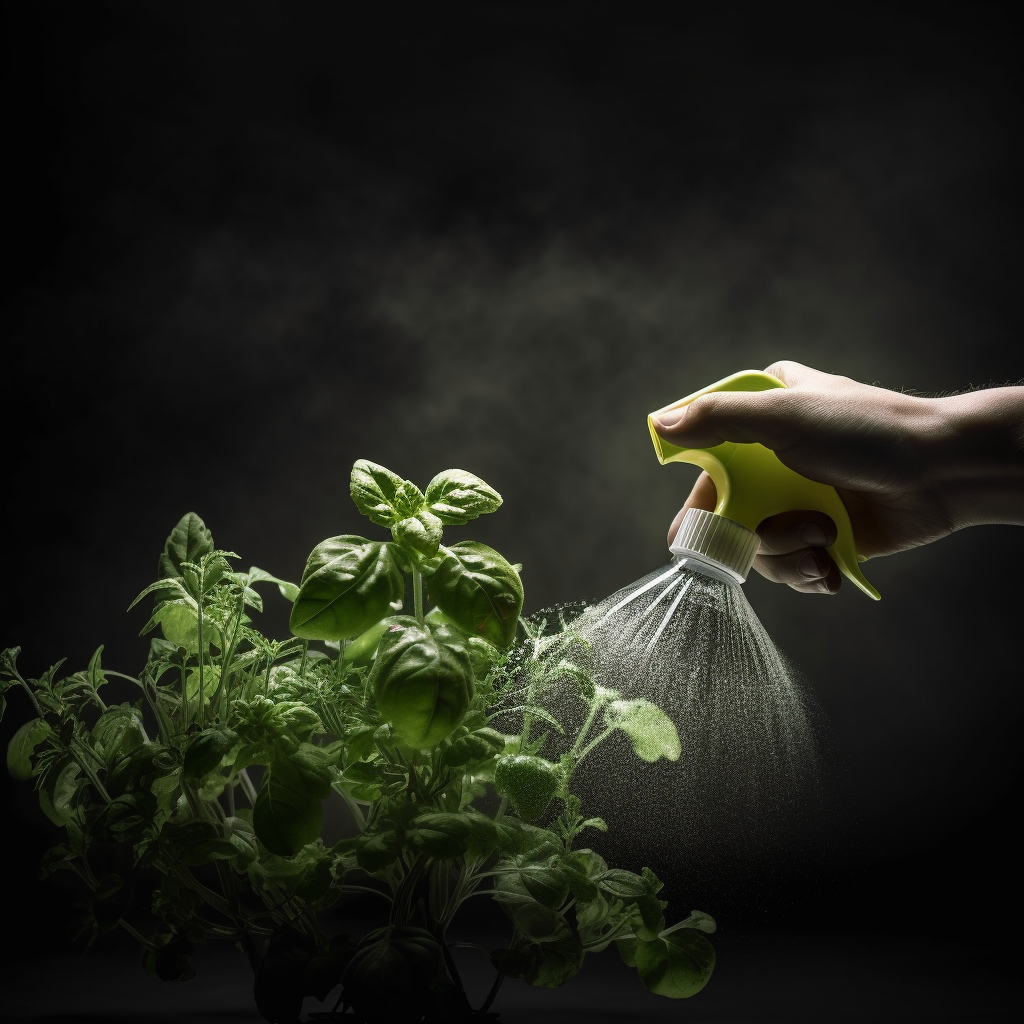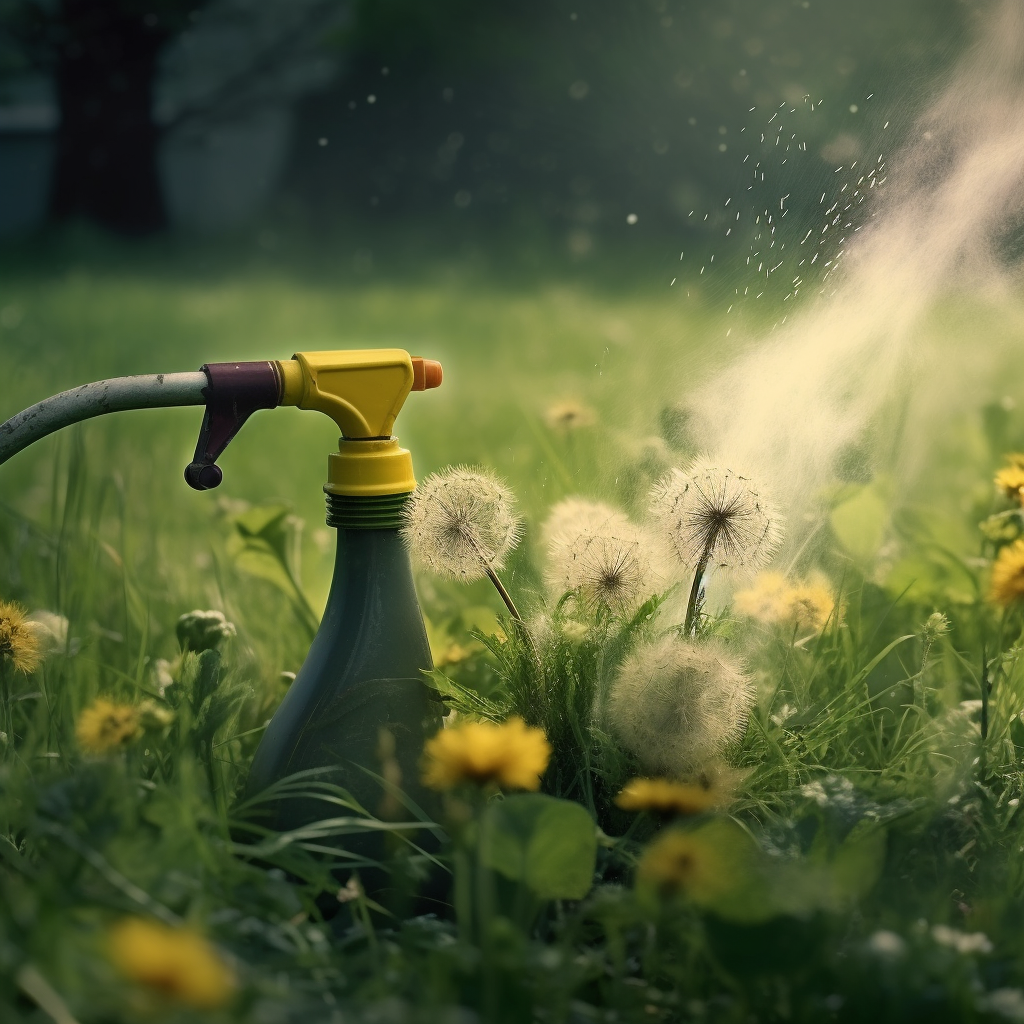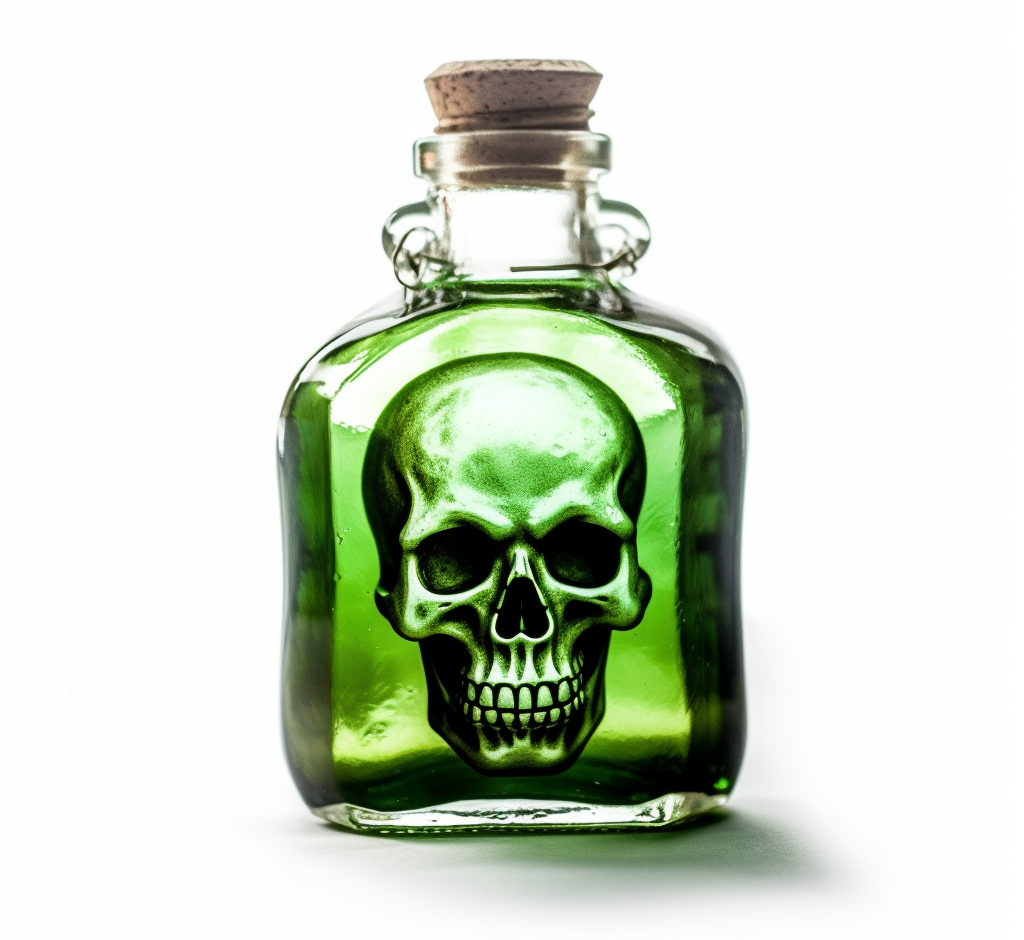Poison the plants
Pulling the weeds
Using toxic substances can have detrimental effects on the environment, human health, and other beneficial organisms in your garden. It is important to explore safer and more sustainable alternatives for weed control.


Gardening guide
Make your own poison vs. weeds
Simple guide for non-toxic poison for gardening. Easy DIY poison.
Items needed
Vinegar
Spray bottle
Salt (Optional)
How to
The stronger vinegar you use the more effective it is going to be. However, be careful not to spray vinegar on yourself. Use at least 5% concentration, preferably higher. You can mix in 100g of salt for every 1 liter or 32oz of vinegar to dehydrate plants more and make your mixture stronger. Be cautious of using salt, since it will affect the soil and damage wanted plants as well. Just using vinegar is going to work as well.
Where to apply
Spray the mixture on weeds leaves. Vinegar can kill weeds through its acetic acid content, which has desiccating and damaging effects on plant tissues.

Why vinegar kills weeds?
- Disruption of cell membranes: The acetic acid in vinegar acts as a natural herbicide by disrupting the cell membranes of plant tissues, including the leaves and stems of weeds. This disruption affects the weed’s ability to retain water and nutrients, leading to wilting and eventually plant death.
- pH alteration: Vinegar is acidic, and its application can alter the pH of the plant and the surrounding soil. Most plants prefer a slightly acidic to neutral pH, and the change in acidity can stress and harm weeds, making it difficult for them to survive.
- Selective effect on some weeds: Vinegar is generally more effective against young, tender weeds or annual plants with shallow root systems. It may have limited effectiveness against deep-rooted perennial weeds, which can regrow from their root systems.
Using dish soap as a booster
Some guides tell you to add dish soap in your DIY herbicide. However, dish soap is toxic and we do not recommend using it.
